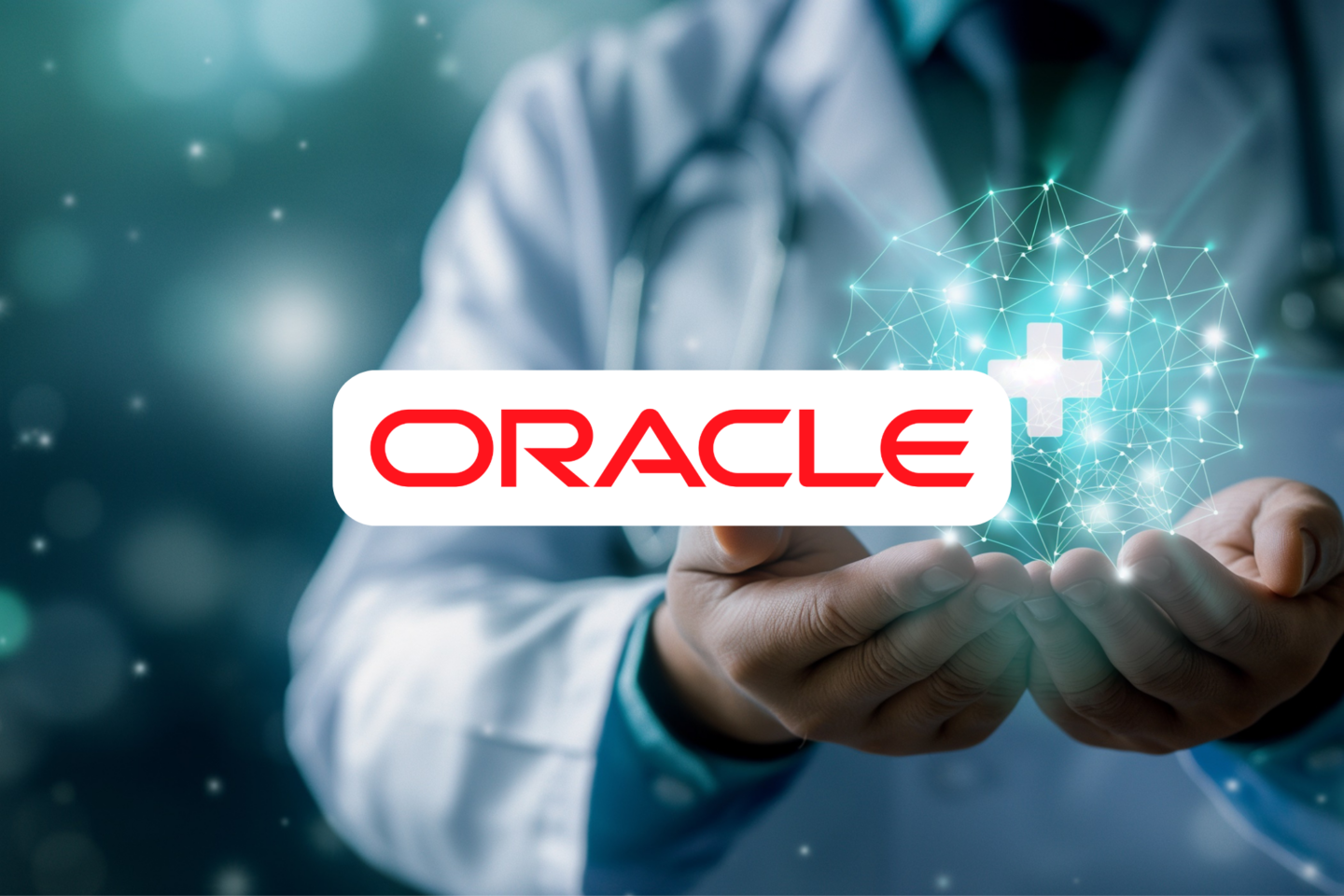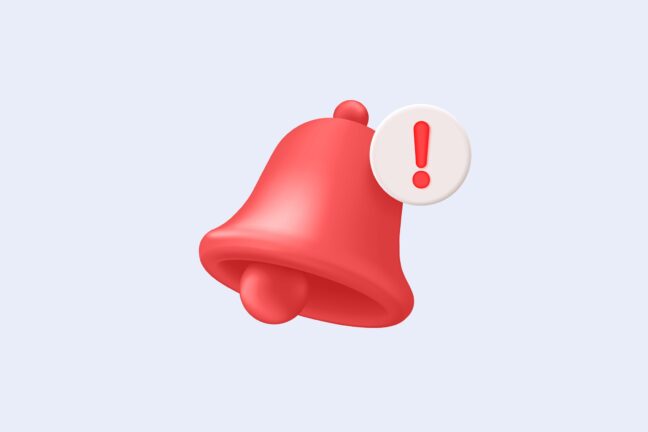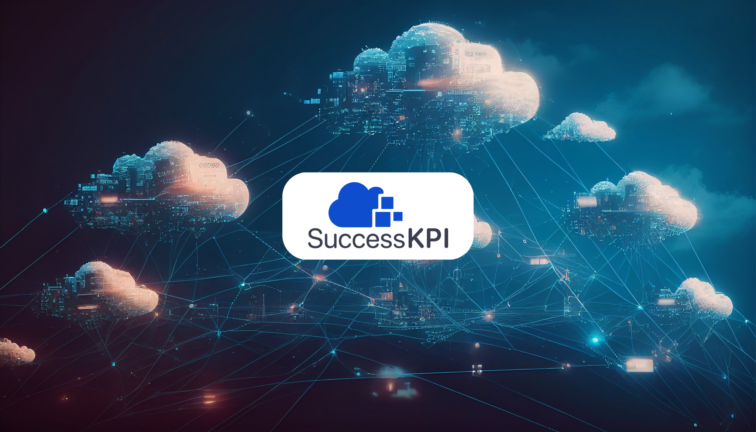Oracle has announced the general availability of the Oracle Clinical Digital Assistant for ambulatory clinics in the United States. This mobile solution integrates generative AI, clinical intelligence, multimodal voice, and screen-driven assistance, as well as streamlined workflows into a single, cohesive platform, allowing healthcare providers to focus entirely on patient care. By integrating with the Oracle Health Electronic Health Record (EHR), the assistant transforms the doctor-patient experience through clinical automation, conversation-based note generation, and recommended clinical follow-ups at the point of care.
"Practitioners spend upwards of 20-35% of their time on administrative work. This isn't sustainable and contributes to burnout. We need our providers focused on patient needs. Oracle Clinical Digital Assistant's groundbreaking AI technology solves this problem and brings the joy back to the practice of medicine and healthcare," said Seema Verma, Executive Vice President and General Manager, Oracle Health and Life Sciences.

Facilitating the process
Providers no longer need to disrupt appointments by navigating complex menus or scrolling through numerous screens for information. They can simply ask the Oracle Clinical Digital Assistant for critical patient information, such as the latest blood test results. During consultations, the assistant captures detailed notes using the provider’s preferred EHR templates, saving caregivers significant time each day.
Unlike other solutions, the Oracle Clinical Digital Assistant generates notes in minutes rather than hours and facilitates next-step actions like drafting referrals and prescription orders and scheduling follow-up labs and appointments. This enhances the accuracy of medical records and streamlines workflow efficiency.
Physicians at 13 early adopter organizations, including Billings Clinic, Covenant Health, Hudson Physicians, St. John’s Health, and T.J. Regional Health, reported saving over four and a half minutes per patient and reducing daily documentation time by 20-40%.
Beyond reducing clicks, the assistant automates the entire documentation process, synchronizing it back to the patient's medical record without the need for copying and pasting. This automation significantly reduces the manual workload that leads to burnout. Providers can review, modify, and approve the notes and next steps on their computer or mobile device, ensuring oversight and control.
Not too long ago, Oracle announced new updates to its Oracle Fusion Cloud Applications Suite aimed at enhancing healthcare organizations' operations, improving employee experiences, and elevating patient care.









